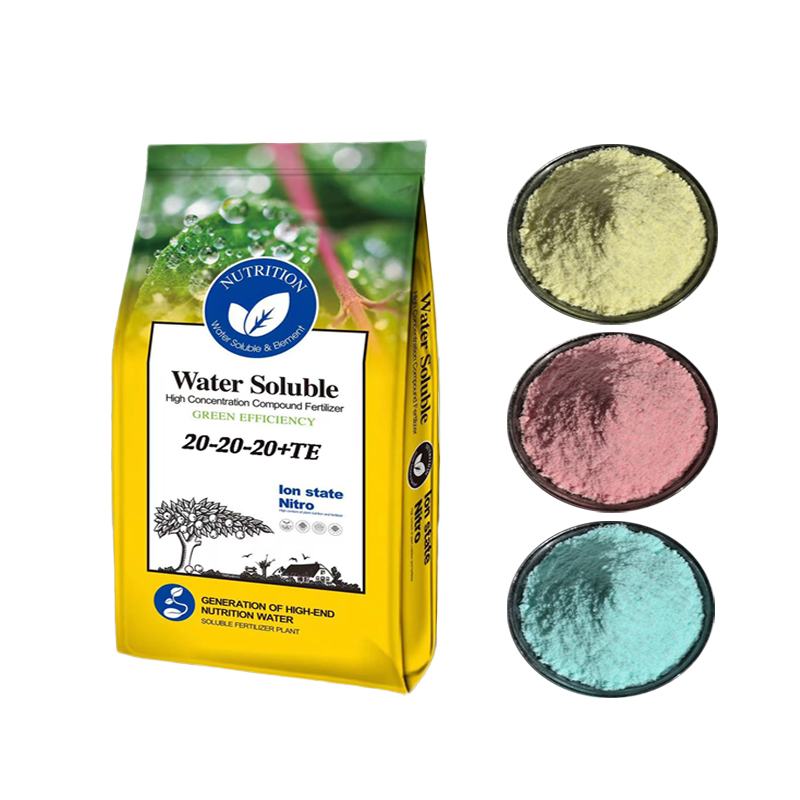
Aug . 22, 2024 05:16 Back to list
Top Organic Fertilizers for a Thriving Vegetable Garden
The Best Organic Vegetable Garden Fertilizer A Guide for Thriving Gardens
Creating a thriving vegetable garden requires more than just the right seeds and proper watering; it also demands a commitment to enriching the soil in which your plants grow. In recent years, organic gardening has gained immense popularity among gardeners who are increasingly aware of the environmental impact of synthetic fertilizers. The best organic vegetable garden fertilizers not only enhance soil fertility but also support sustainable gardening practices. In this article, we’ll explore various types of organic fertilizers, their benefits, and how to use them effectively in your vegetable garden.
Understanding Organic Fertilizers
Organic fertilizers are derived from natural sources such as plant matter, animal waste, and mineral deposits. Unlike synthetic fertilizers that can harm the soil microbiome and contribute to pollution, organic options improve soil structure and promote healthy ecosystems. They gradually release nutrients, ensuring a steady supply for plants over time.
Types of Organic Fertilizers
1. Compost One of the most popular organic fertilizers is compost, which is made from decomposed organic matter. It enriches the soil with essential nutrients and improves soil structure, promoting water retention and aeration. A well-balanced compost mix can provide a variety of nutrients, making it an excellent choice for vegetable gardens.
2. Manure Animal manure, such as cow, horse, or chicken manure, is another nutrient-rich organic fertilizer. It is high in nitrogen, phosphorus, and potassium, which are crucial for plant growth. However, it is essential to use aged or well-composted manure to avoid pathogens and weed seeds.
3. Bone Meal Rich in phosphorus and calcium, bone meal is an excellent organic fertilizer that promotes healthy root development and flowering in vegetables. It is particularly beneficial when planted alongside crops that require strong root systems, such as tomatoes.
4. Fish Emulsion This liquid fertilizer, made from processed fish, is high in nitrogen and trace minerals. Fish emulsion provides a quick nutrient boost, making it perfect for leafy greens and fast-growing vegetables. Diluted in water, it can be applied as a foliar spray or incorporated into the soil.
5. Seaweed Fertilizer Seaweed is packed with micronutrients and growth hormones that stimulate plant development. It can help increase resilience against pests and diseases. Available in liquid or powdered form, seaweed fertilizer is suitable for a variety of vegetable crops.
Benefits of Using Organic Fertilizers
best organic vegetable garden fertilizer

Using organic fertilizers provides several advantages
- Soil Health Organic fertilizers enhance soil structure and promote beneficial microbial life, which enhances nutrient availability and absorption.
- Sustainability By using organic fertilizers, gardeners contribute to sustainable agriculture, reducing chemical runoff and promoting biodiversity
.- Nutrient-Rich Produce Vegetables grown with organic fertilizers often have higher nutrient levels and better flavor than those grown with synthetic options.
How to Use Organic Fertilizers
To ensure your vegetable garden flourishes with organic fertilizers, follow these tips
1. Soil Testing Before applying any fertilizers, conduct a soil test to determine nutrient levels and pH. This will help guide your choices.
2. Application Timing Apply organic fertilizers at the beginning of the growing season or as a side dressing during key growth stages. For instance, compost can be used as a top dressing throughout the growing season.
3. Proper Mixing When using granular fertilizers, mix them thoroughly with the soil to ensure even distribution.
4. Observation Monitor your plants’ growth and health regularly. Adjust your fertilizer application based on their response.
In conclusion, the best organic vegetable garden fertilizers enrich the soil and support healthy, sustainable plant growth. By choosing the right organic options and applying them appropriately, you can enjoy an abundant, nutrient-rich harvest while contributing to the preservation of our environment. Whether you are a novice gardener or an experienced green thumb, embracing organic fertilizers is a step toward a healthier garden and a healthier planet.
-
Premium Organic Manure Compost for Eco Gardens
NewsAug.01,2025
-
Organic 10-10-10 Fertilizer | Balanced Plant Nutrients
NewsJul.31,2025
-
Premium Amino Acid Fertilizer | Rapid Plant Growth Booster
NewsJul.31,2025
-
10 10 10 Fertilizer Organic—Balanced NPK for All Plants
NewsJul.30,2025
-
Premium 10 10 10 Fertilizer Organic for Balanced Plant Growth
NewsJul.29,2025
-
Premium 10 10 10 Fertilizer Organic for Balanced Plant Growth
NewsJul.29,2025
